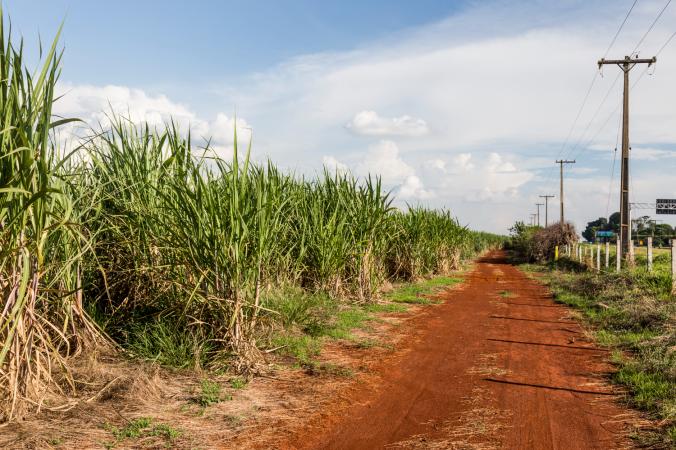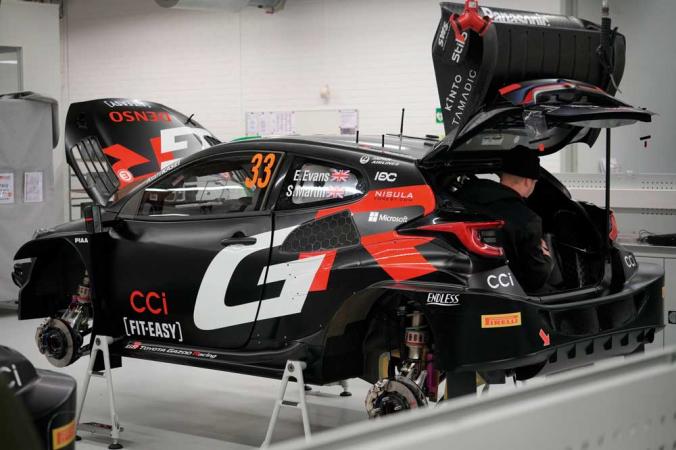New Technology that Promotes Integration of Solar and Wind Power
VTT Technical Research Centre of Finland is coordinating a project that brings together leading European research institutes in the field of electrochemical conversion. The project aims to demonstrate a technology that enables flexible storage of large amount of renewable power. Such technologies are needed for the further integration of additional wind and solar power.

As the investment costs of solar and wind installation are decreasing, the most significant obstacle for further integration of renewable electricity is the imbalance between their weather-dependant production and the general power consumption. It is this issue that the BALANCE project partners aim to solve by further developing an electrochemical conversion technology called ReSOC (Reversible Solid Oxide Cell).
A ReSOC device uses electricity to split water into hydrogen and oxygen gas by a high temperature electrolysis process, which is significantly more efficient than other electrolyser technologies today. What makes ReSOC particularly interesting, however, is the fact that the exactly same device can also be operated "in reverse" to produce power from the very same hydrogen gas it produced. Using the same device for converting power to a storable gas and for converting this gas back to power again enables very flexible usage of the device, thus increasing its operating hours as well as reducing it capital costs.
Already today, the electricity market is being challenged when flooded by green electricity on a windy or sunny day. This causes the electricity prices to plunge or even go negative in some European countries. Because electricity cannot be stored as such and our current capacity to store it with hydropower or batteries is limited, the production of windmills and solar panels must at times be curtailed to avoid power grid failure. This issue will become more and more important as the production capacity of renewable electricity is growing rapidly.
With a flexible energy conversion technology, such as a ReSOC, it is possible to balance the power market. At peak production hours, power is converted into a chemical, which can be stored for later use or used as industrial feedstock. Similarly, during peak consumption hours or on a calm, cloudy day, the stored chemical is converted back to electricity at the same site. Therefore, a ReSOC unit supports the integration of wind and solar power with the current power system by providing a compact, affordable and flexible technology for the conversion and storage of renewable power.
The three-year project began in December 2016 and will receive EUR 2.5 million in EU Horizon 2020 funding (grant agreement 731224). It includes several leading European research institutes and universities in the field of electrochemical conversion, including VTT (FI), DTU (DK), CEA (FR), ENEA (IT), University of Birmingham (UK), TU Delft (NL), EPFL (CH) and IEn (PL).
www.vtt.fi








